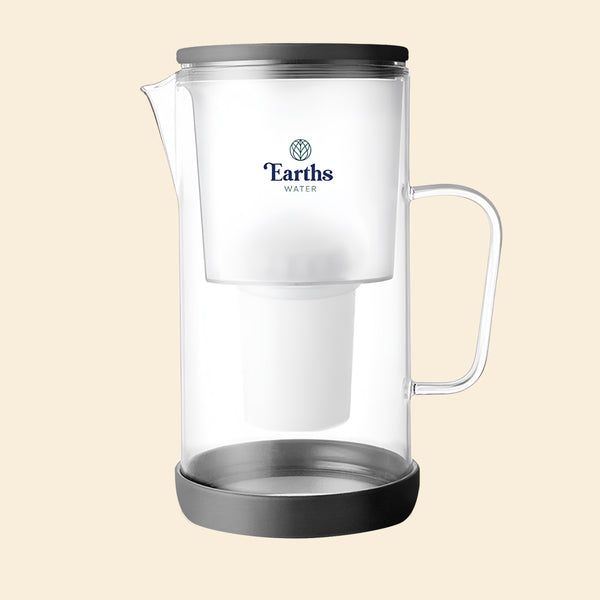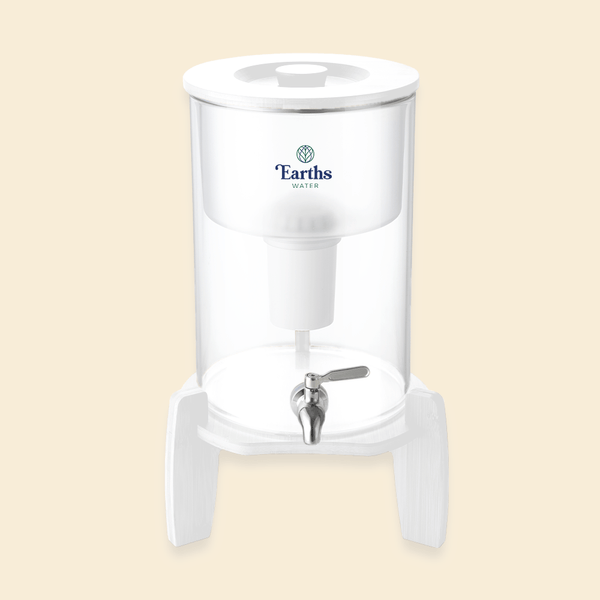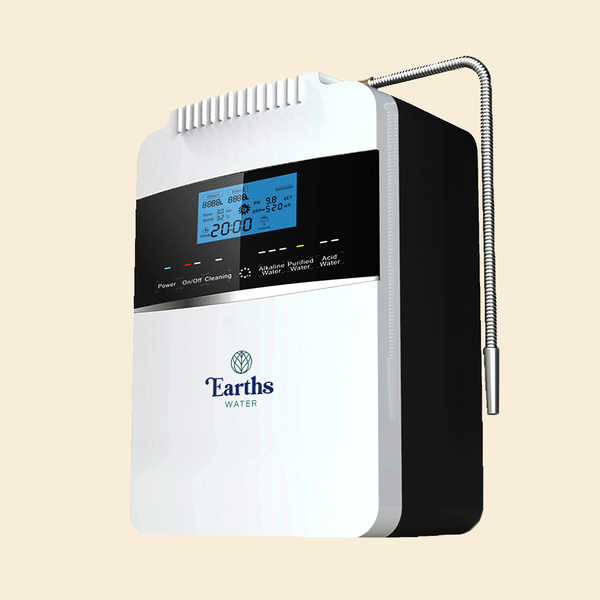Did you know that even your “clean” tap water can contain traces of chlorine, heavy metals, or other contaminants? Forget bottled water—the key to clean, healthy drinking water might be closer than you think.
But wait, with all the buzz about alkaline water and super-powered filters…which one actually gives you the best water?
Which one should you splash out on? What's the difference, and which one is right for your needs?
Let's break down the facts and help you find the perfect solution for cleaner, healthier water.
What is a Water Ioniser?
Water ionisers are a bit like water's mad scientist; they mess with your water's chemistry. But the whole point of water ionisers is to change the pH level of your drinking water, making it alkaline.
Remember that pH scale from science class? It goes from 0 (super acidic) to 14 (super alkaline), with 7 as neutral. Water ionisers’ goal is to bump your water's pH up to around 8 or 9, making it alkaline.
How Does it Work? The Simplified Science
They use a process called electrolysis to split water molecules (H2O) into two streams—alkaline water and acidic water. Here's a bit more detail:
The ioniser has metal plates (electrodes) that are submerged in the water. An electrical current is passed through these plates, attracting and splitting water molecules. Negatively charged ions (like hydroxide, OH-) gather near the positive electrode, creating alkaline water. Positively charged ions (like hydrogen, H+) gather near the negative electrode, creating acidic water.

Alkaline Water: What the Hype is About
This is the stuff you drink. Alkaline water has a higher pH than regular tap water (usually around 8 or 9), and here's why it gets people excited. Alkaline water can help balance excess acidity in the body, potentially benefiting those with conditions like acid reflux.
Acidic Water: Uses Beyond Drinking
This stream isn't for drinking, but that doesn't mean it's useless. Its lower pH means it has some surprising uses, such as gentle cleaning or even as a natural disinfectant. Acidic water's mild antiseptic properties sometimes make it a helpful addition to skincare routines. For certain conditions like acne or eczema, it might help balance the skin's pH and reduce inflammation.
What is a Water Filter?
Unlike water ionisers that get fancy with pH, water filters are about keeping things simple. Their mission: remove impurities and nasty stuff from your water.
Filtration Methods: Your Water's Obstacle Course
Just think of water filters as a series of challenging obstacles designed to trap unwanted substances. Different filtration methods use various techniques to block, absorb, or neutralise contaminants.
For instance, carbon filters act like super-sponges with tons of tiny pores. They have a serious appetite for bad stuff in your water. As water passes, contaminants like chlorine, lead, and certain pesticides get trapped.
Then, there are reverse osmosis systems, which use super-fine membranes with microscopic pores. Water is forced through under pressure, leaving behind dissolved metals, salts, minerals, and some microorganisms.

Choosing the right filtration method is like picking the perfect obstacle course for the specific nasties you want to remove from your water. But don't just trust any filter! Look for certifications like the National Sanitation Foundation (NSF)—they're your guarantee that a filter actually does what it claims.
This is where it pays to do your research. If you're looking for a brand with the NSF seal of approval, Earths Water is definitely worth checking out!
The Water Showdown: Water Ionizer vs. Water Filter
Okay, let's get this showdown started! Water ionisers and water filters both promise cleaner, healthier water – sounds amazing, right? But they achieve it in totally different ways.
Water ionisers play with the pH of your water, while filters are all about kicking out the nasty stuff. Ready for a showdown to see which one's right for you? Take a look at this table below:
|
Feature |
Water Ionizer |
Water Filter |
|
Function |
Changes the pH of water to make it more alkaline. Also produces acidic water. |
Removes contaminants to improve water quality. |
|
Contaminant Removal |
Limited contaminant removal. May reduce some chlorine, heavy metals, and pesticides, depending on the model. |
Wide range of contaminant removal depending on the type of filter. Can remove chlorine, heavy metals, pesticides, bacteria, viruses, fluoride, and more. |
|
Cost |
More expensive than water filters. Prices are usually a few thousand dollars. |
More affordable options. Prices vary widely depending on the type and capacity of the filter. |
|
Maintenance |
Requires regular filter replacements and cleaning of the electrolysis plates. |
Requires regular filter replacements. Maintenance frequency will depend on the type of filter and water usage. |
Water Ionizer or Filter? How to Decide
Hold your tap horses! Before swiping that card, you have to make sure you get the water boost that's actually right for you. Finding your perfect water upgrade isn't about impulse buys, so consider these factors before you commit:
Budget: The Price Matters
Water ionisers are like the luxury cars of water systems—they’re pricier upfront. Water filters are more like your car dealership: basic models to souped-up options so that you can find your price point.
Water Quality: What's Lurking in Your Tap?
Get a water quality report from your utility or test independently. This tells you the specific contaminants present. A carbon filter might suffice if it's mainly chlorine taste/odour or basic impurities. Serious contamination could mean reverse osmosis or a combo of technologies is needed.

Health Goals: Is it Just About Taste?
Cleaner, tastier water is a win—that's filter territory. Intrigued by alkaline water's potential? An ioniser might be worth a peek.
Maintenance: Your Tolerance for Upkeep
Water filters and ionisers both need upkeep…and TLC. If you prefer to “set and forget”, a countertop or under sink system might be for you, as ionisers have extra cleaning steps.
And the Winner Is...
So, have you met your match? Is your kitchen ready for a pH-altering water ioniser or a super-powered contaminant-zapping filter?
The truth is, there's no single right answer. Here's the thing to remember: think about YOUR water, health goals and budget.
No matter which way you lean, one thing’s for sure. The best choice is the one that makes you feel confident every time you fill up your glass!
Not sure where to start? Check out Earths Water—our NSF-certified systems are a surefire way to get cleaner, healthier water right at your tap.








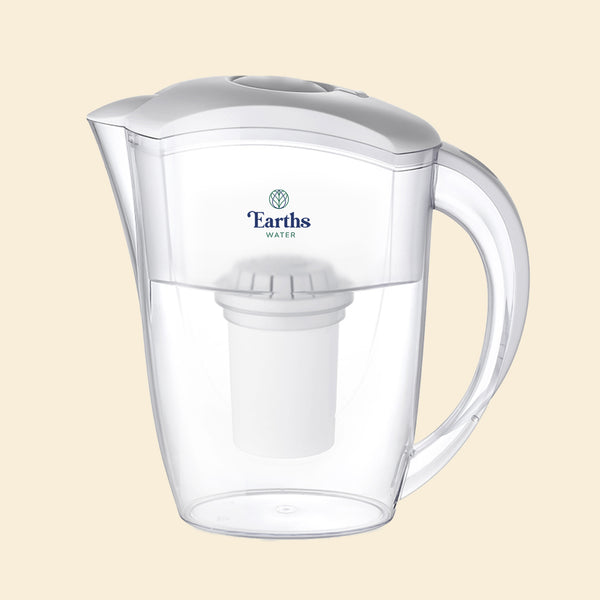
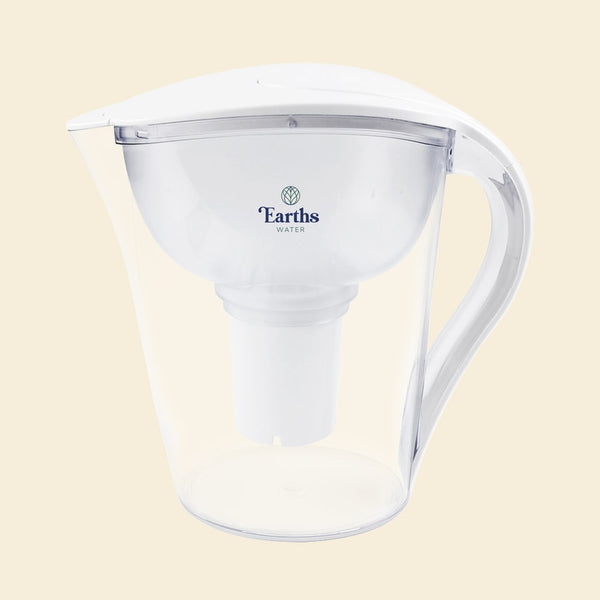
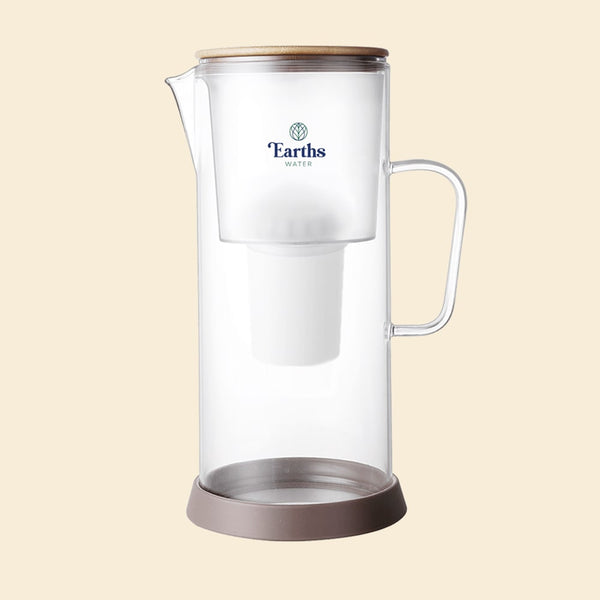
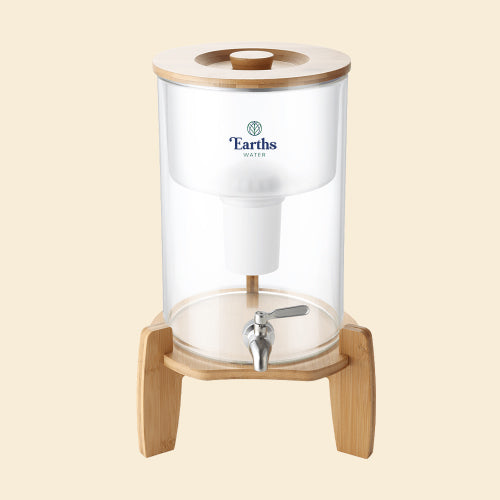
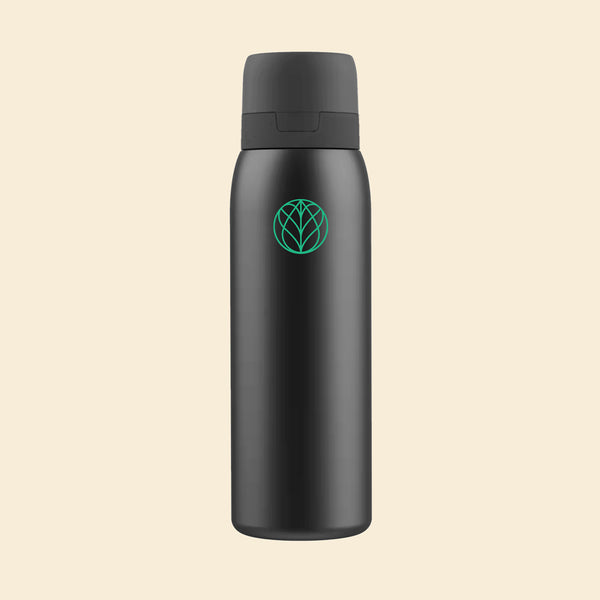
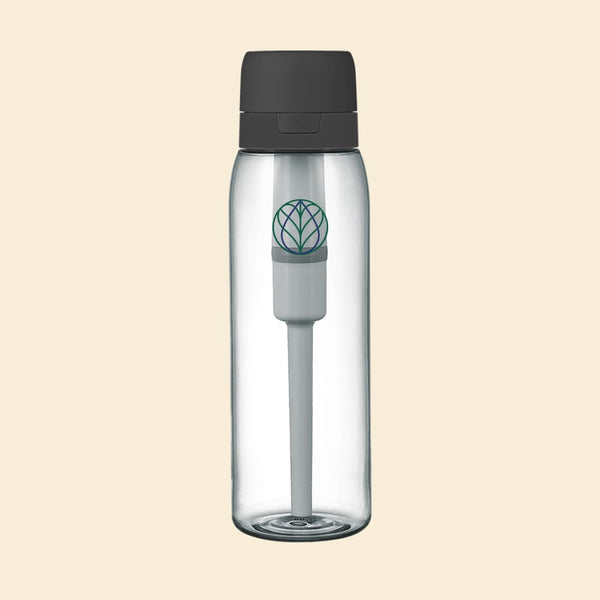
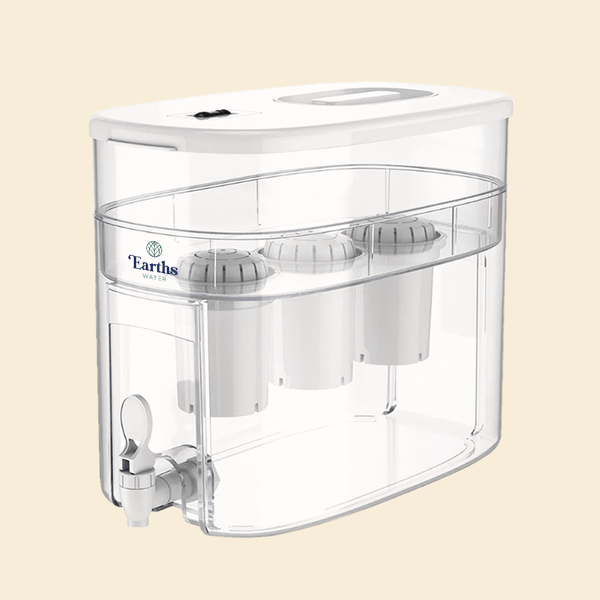
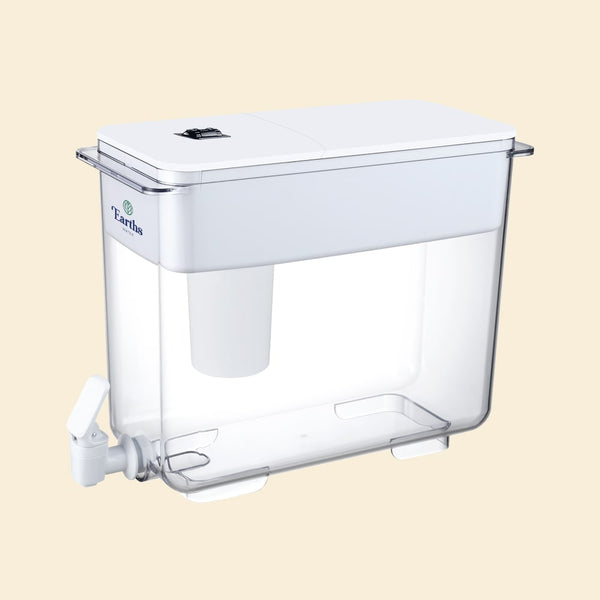
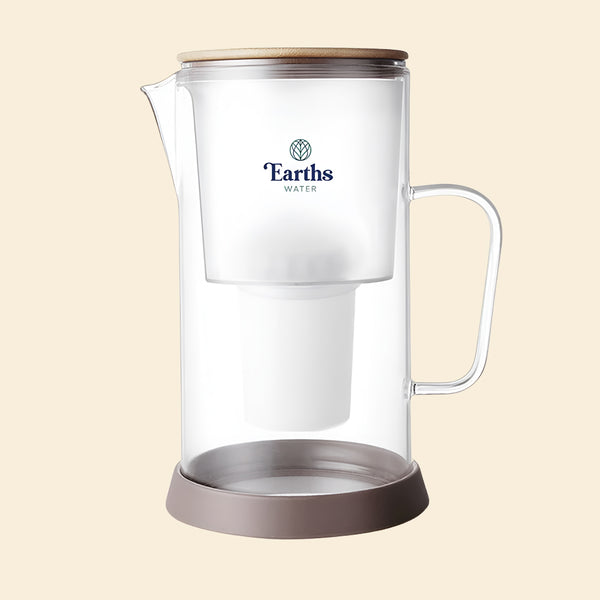
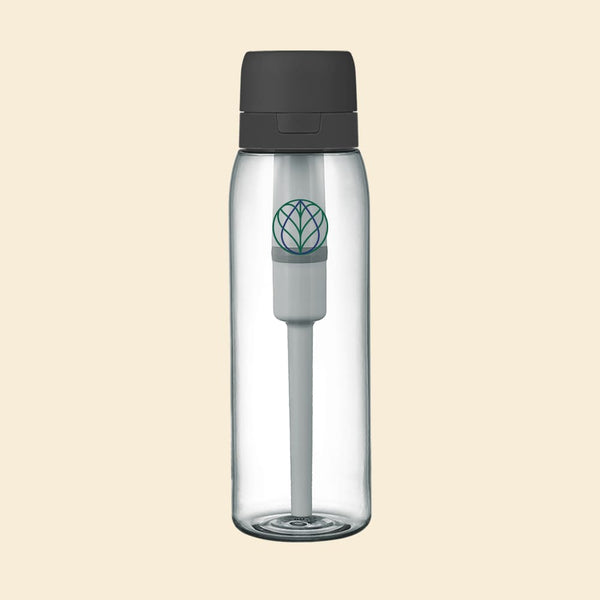
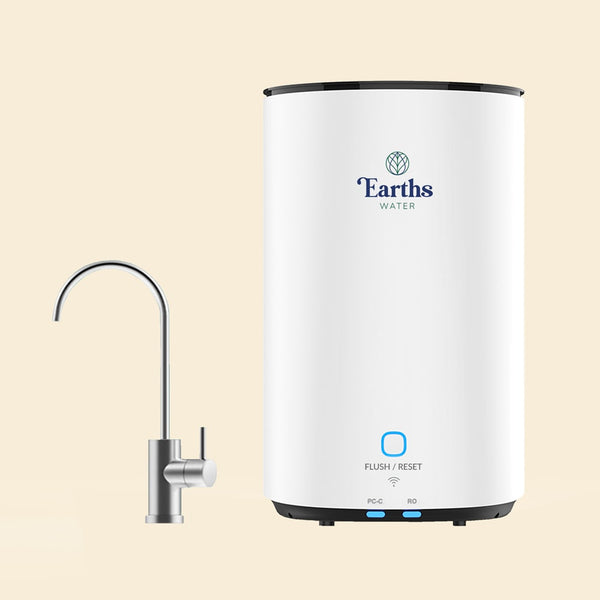
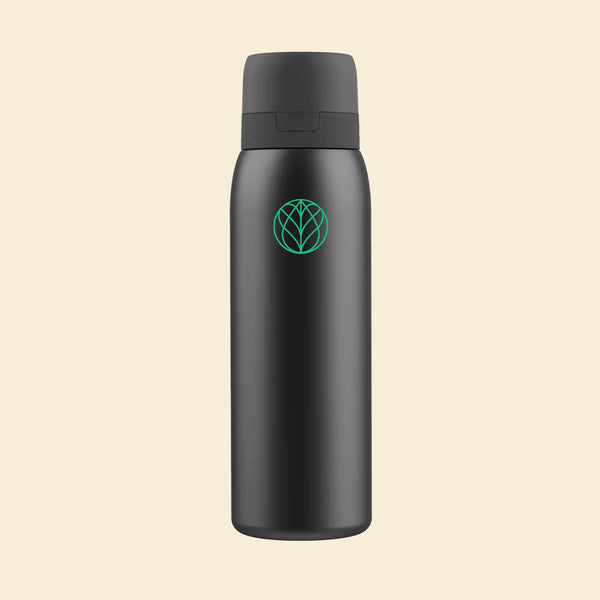
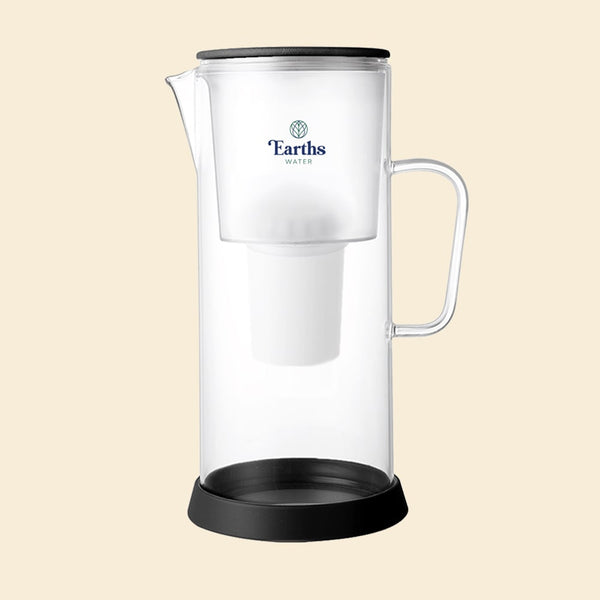
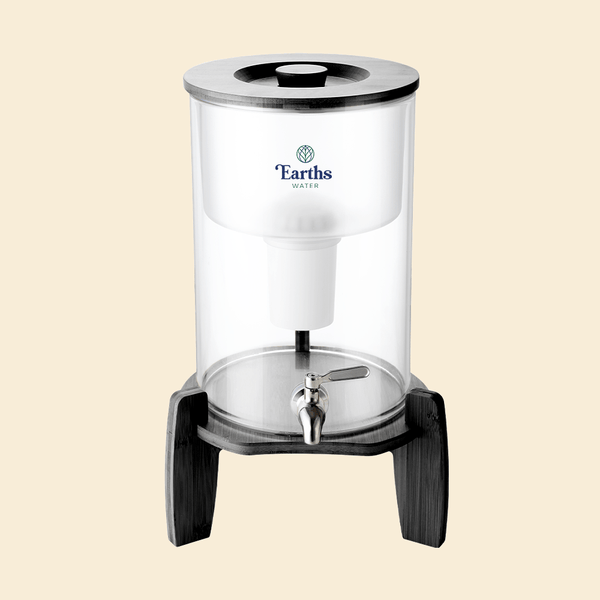
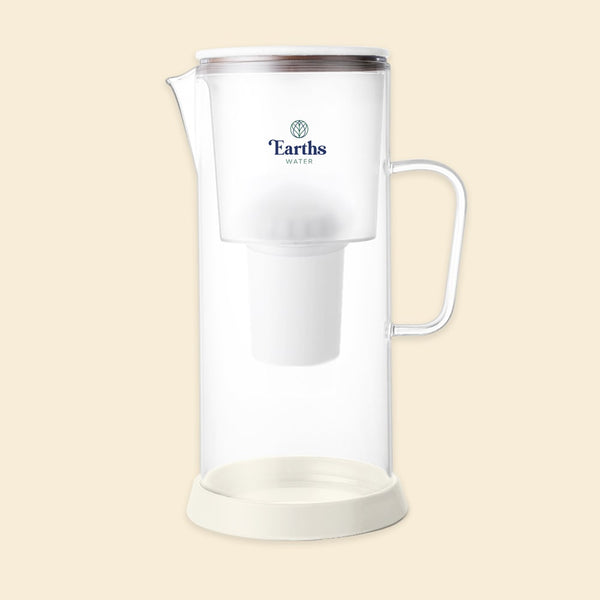
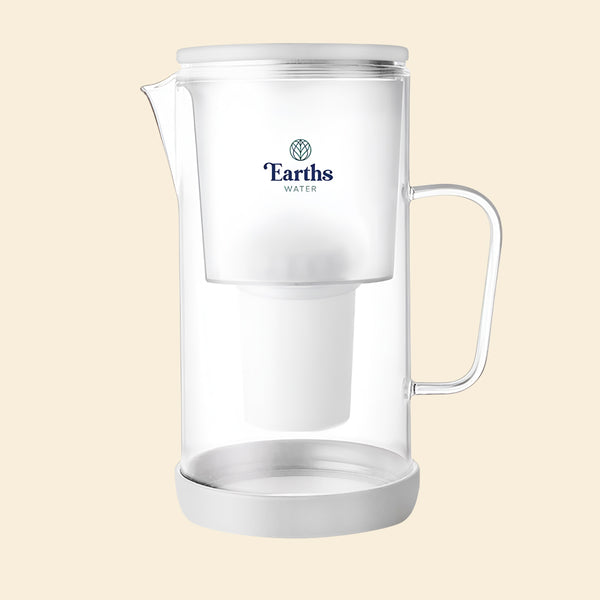
![9L Glass Benchtop Alkaline Water Filter - Eco Acacia [LIMITED EDITION]](http://earthswater.com.au/cdn/shop/files/ACACIA-BENCHTOP-FRONT-BEIGE_600x600.png?v=1743392740)
